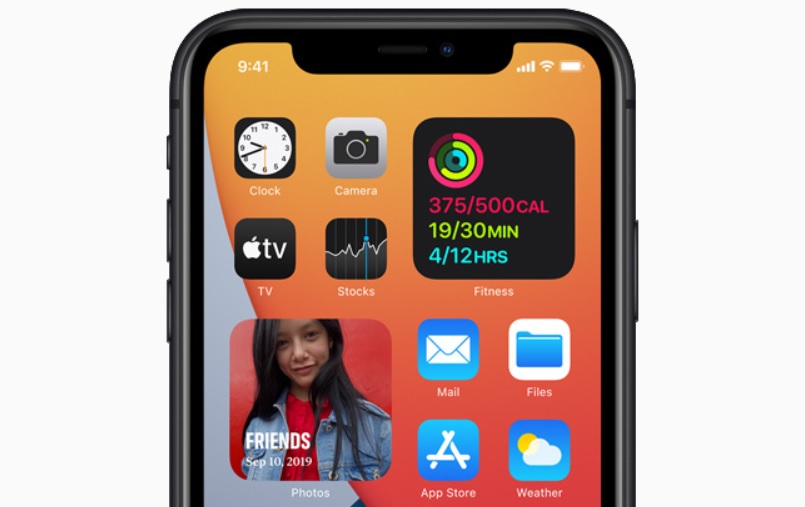You could argue until you’re blue in the face about whether Android is better than iOS or vice versa, but one area where iOS clearly comes out on top is the lack of fragmentation when it comes to software updates. Every year, the new version of iOS is rolled out by Apple, and every year, the latest update immediately becomes available for every modern iPhone on the market. As such, the adoption rate is always incredibly high, even just days after the update launches. History has repeated itself, as Mixpanel now reports a 90% adoption rate for iOS 14.
According to business analytics service company Mixpanel, iOS 14 adoption eclipsed 90% near the end of March, and has held steady through the first few days of April. iOS 14 launched to the public on September 16th, and by late October, iOS 14 had overtaken iOS 13 with more than 50% of the market share.
Meanwhile, even though Android 11 launched before iOS 14 last year, we still aren’t sure how many Android device owners have actually installed the update. Here’s what the official Android distribution dashboard says:
Thank you for your patience! We’re working to improve the insights we provide to you about the Android ecosystem and the ways we’re accelerating updates to Android devices, such as through Project Treble, the Android Beta program, security updates and more.
The best data I could find on Statcounter suggests that around 40% of Android users are still running Android 10, nearly 20% are running Android 9, close to 14% are still on either Android 8 or Android 8.1, and there are a significant number of users running software versions even older than that. As the Android team expresses in the message above, there are efforts being made to mitigate the mobile operating system’s issues with fragmentation, a vast majority of Android users aren’t on the latest version seven months after it was made available.
This contrast between the two operating systems will never be any less striking to me, but with so many devices running so many different versions of Android, the two are never going to reach parity. In the meantime, Apple’s last official update on distribution came in February, as the company confirmed that 86% of Apple devices released in the last four years were running iOS 14, and 80% of all Apple devices in the wild had updated to iOS 14.
Apple device owners who have installed iOS 14 are about to receive another major update when iOS 14.5 rolls out later this spring. The next version of iOS 14 will include a number of exciting additions, including an “Unlock with Apple Watch” feature that allows Apple Watch owners to unlock their iPhones while wearing a face mask, AirPlay 2 support for Apple Fitness+, support for the PS5’s DualSense controller as well as the Xbox Series X controller, a crowdsourcing feature in Apple’s Maps app, a ton of new emoji characters, and worldwide support for 5G in Dual SIM mode on iPhone 12.







